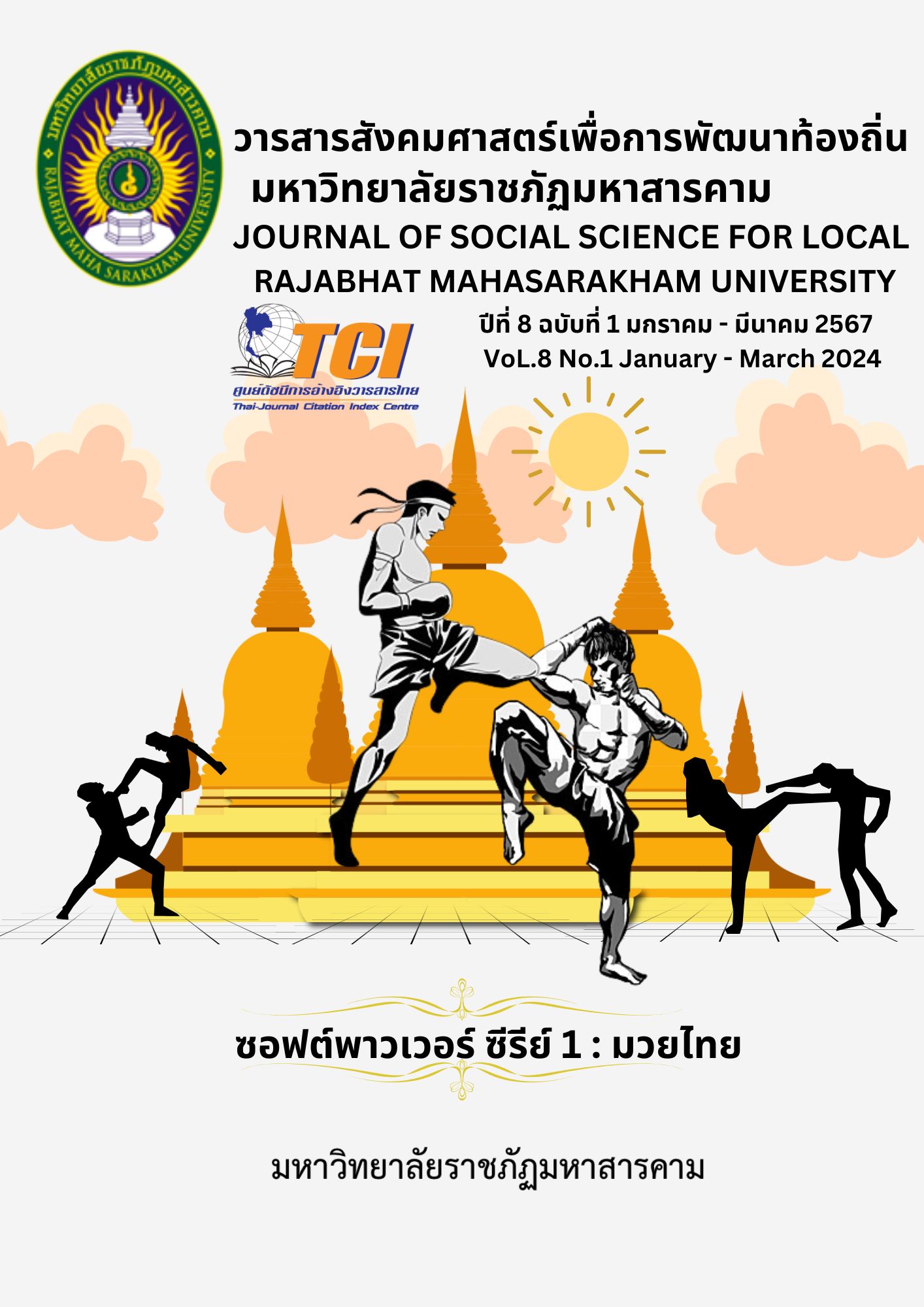Legal Measures for Children or Juveniles who Commit Serious Crime
Keywords:
Juvenile Cases, Serious Criminal OffencesAbstract
This research consists purposes were 1. to look into concepts, theories, and prosecutions concerning children and juveniles who commit criminal offences 2. to look into associated prosecutions concerning children and juveniles who commit criminal offences in Thailand in comparison with such prosecutions enforced in Illinois, United States, and Japan and 3. to look into legal issues involving which organizations shall have the authority to allow victims to sue children or juveniles accused of committing criminal offences, and look into the principles of transferring cases under the authority of the Juvenile and Family Court to another court with judicial power over common matters in the event of serious criminal offences or recidivism and 4. to propose further remedies respecting laws concerning prosecutions in children and juveniles committing criminal offences. A research there is a qualitative research, employing document research via searching and collecting data from associated documents, such as books, textbooks, theses, academic articles, research papers, legislations, and electronic information. With respect to the findings, it was figured out that 1) Concepts, theories, and laws relating to children and juveniles in Thailand use the rehabilitation concept of making the prisoners to be a good citizen of society again rather than punishments 2) The prosecution enforced in Illinois, United States, and Japan is a public prosecution where the prosecutor has the authority to sue, while Thailand allows victims to sue children and juveniles; however, the victims shall obtain permission from the Director of the Community Home which is inconsistent with its authority role and mission. Hence, the Juvenile and Family Court shall have the authority to grant permission instead 3) The case transfer principle of Illinois, United States, is mandated to transfer both serious criminal offences and recidivism, while Japan prescribes that the case transfer is only permitted for serious criminal offences. Thailand, somehow, lacks the aforementioned principles and 4) There shall be an further amendment to the principles governing the Juvenile and Family Court and Procedure Act B.E. 2553, Section 99, to require victims who intend to sue children or juveniles to obtain permission from the Juvenile and Family Court, while there shall be an further amendment to the principles in Section 97, paragraph 2, to provide the Juvenile and Family Court with the right to transfer the case to another court with judicial power over common matters in the event of serious criminal offences or recidivism.


